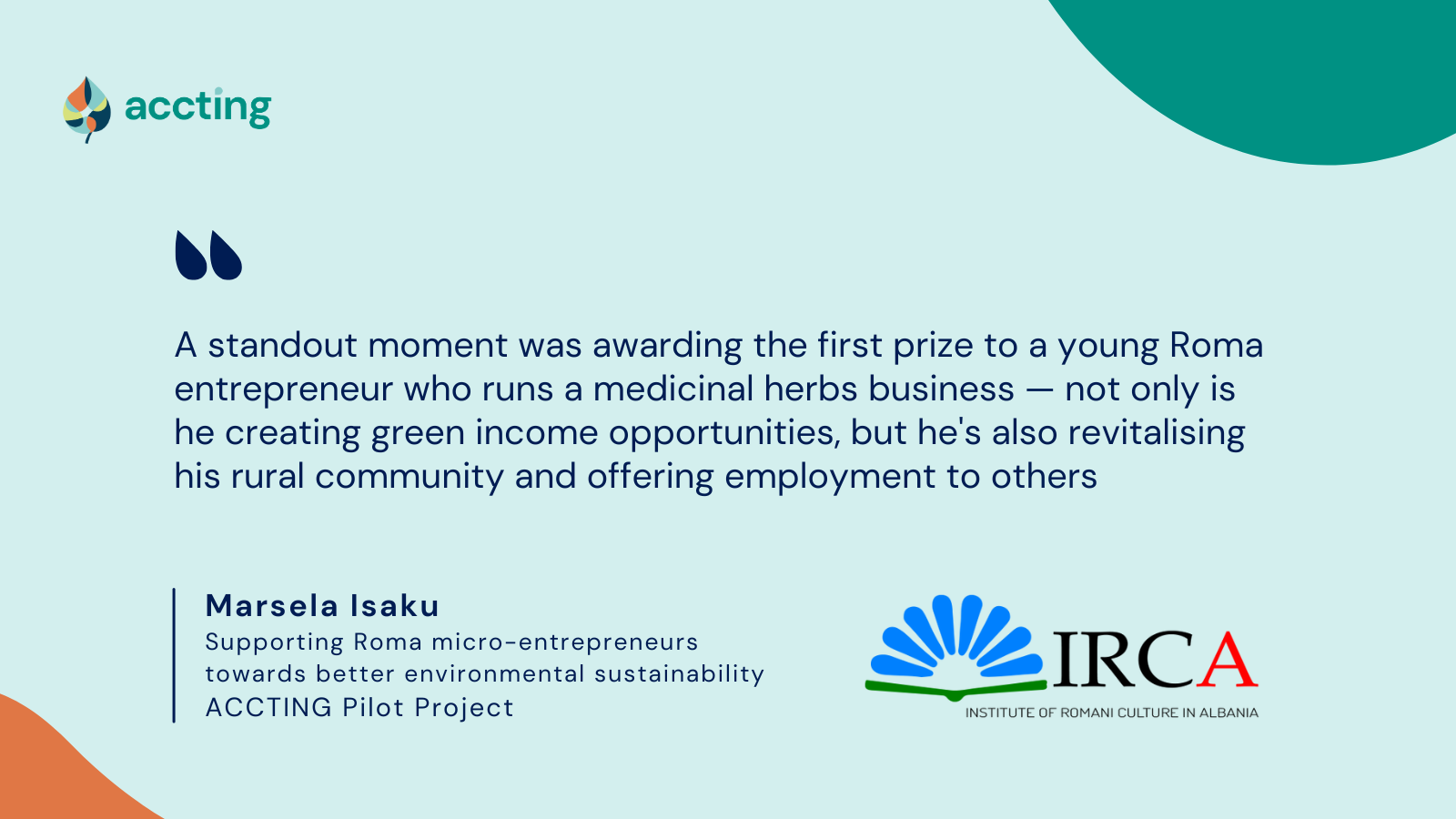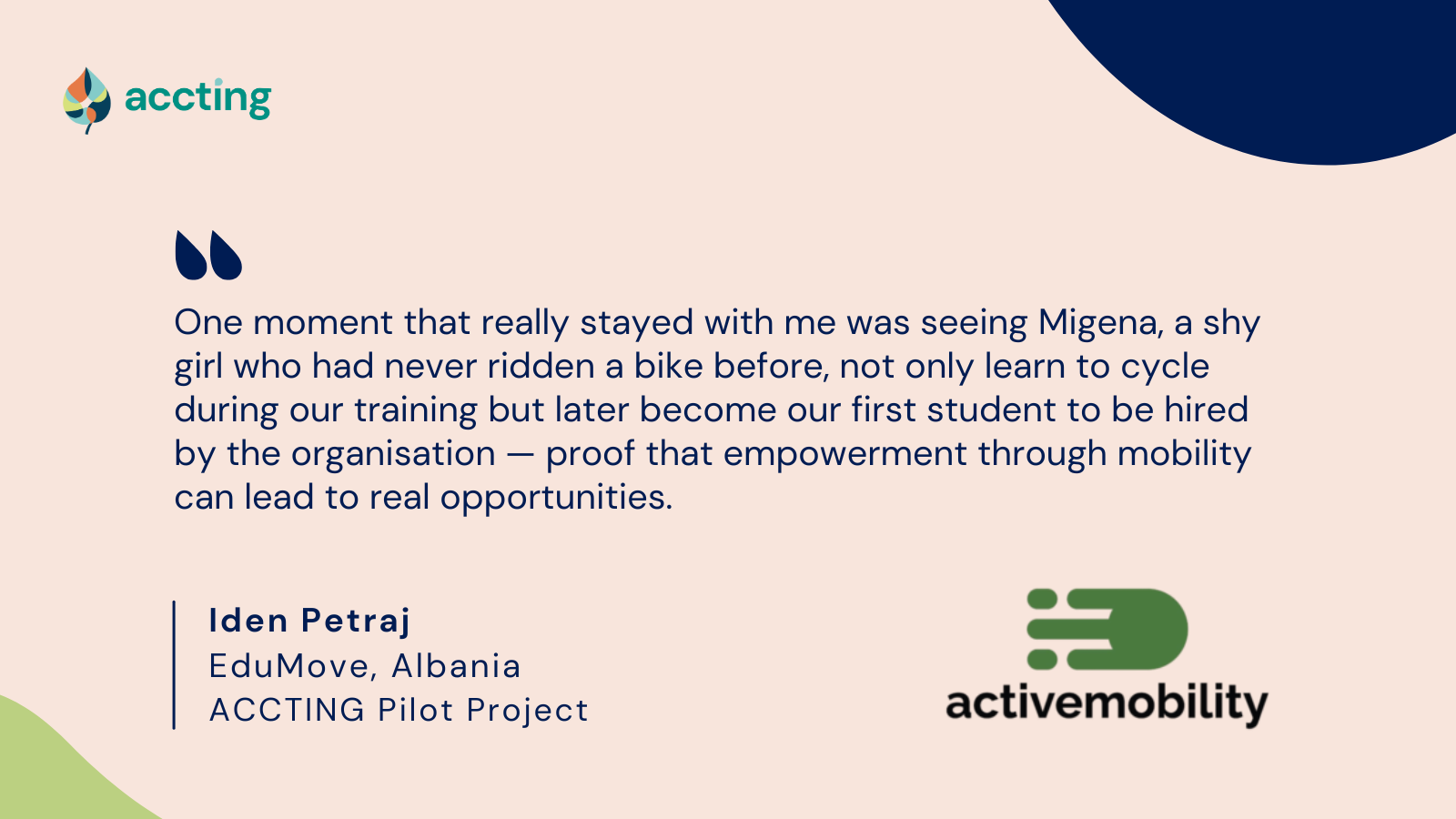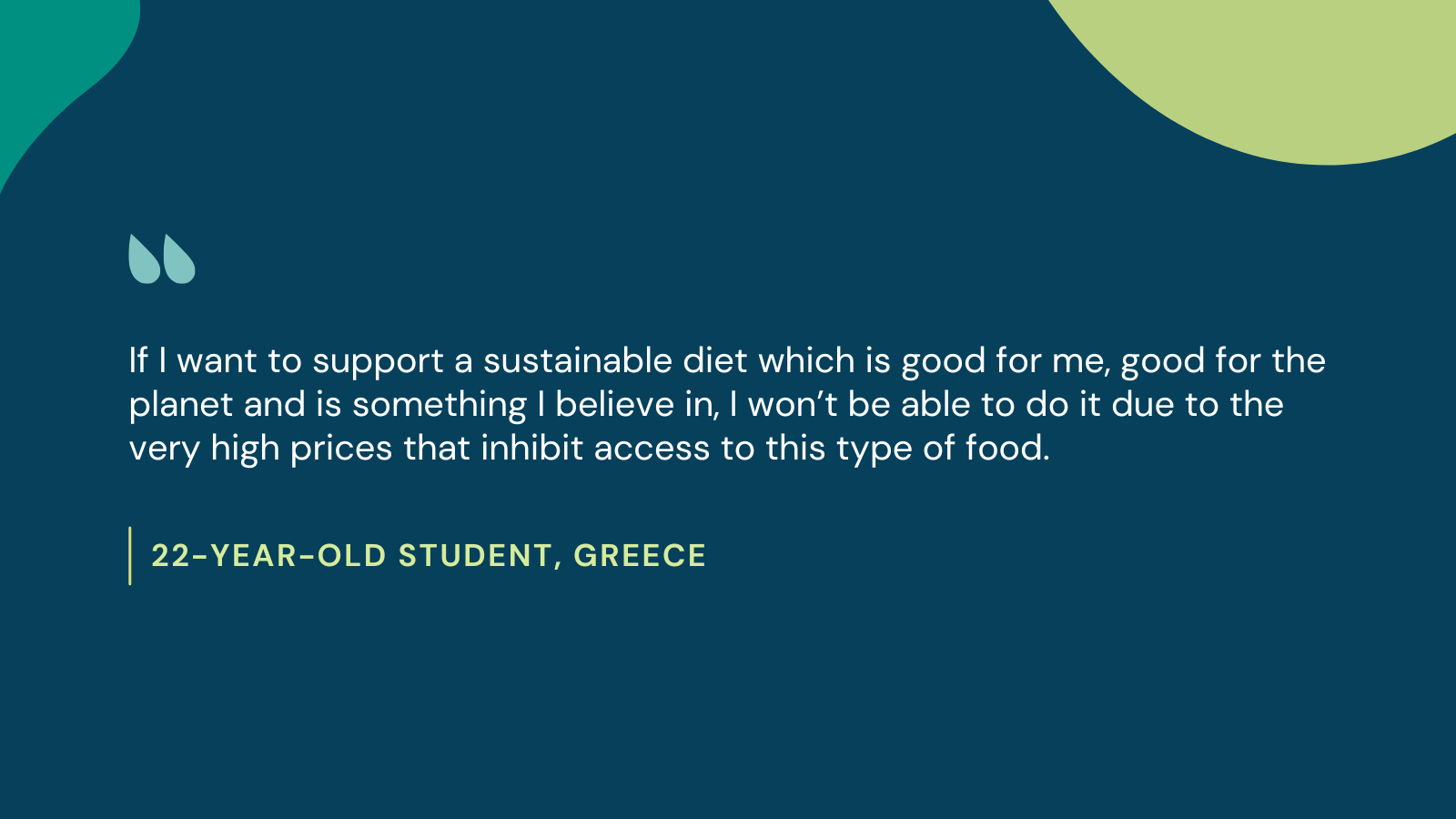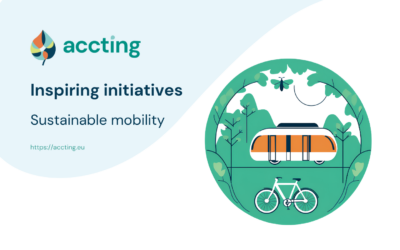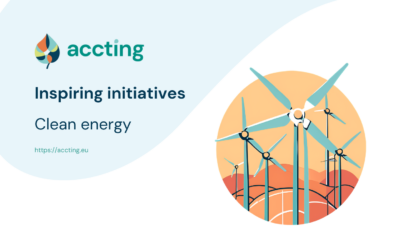ACCTING aims to understand how Green Deal policies impact vulnerable groups to help prevent the worsening of inequalities in the green transition. Now in its second cycle, the project has selected case studies that explore real-world initiatives addressing the involvement of vulnerable communities in sustainability initiatives
Bergen Ecovillage: Pioneering sustainable living in Norway
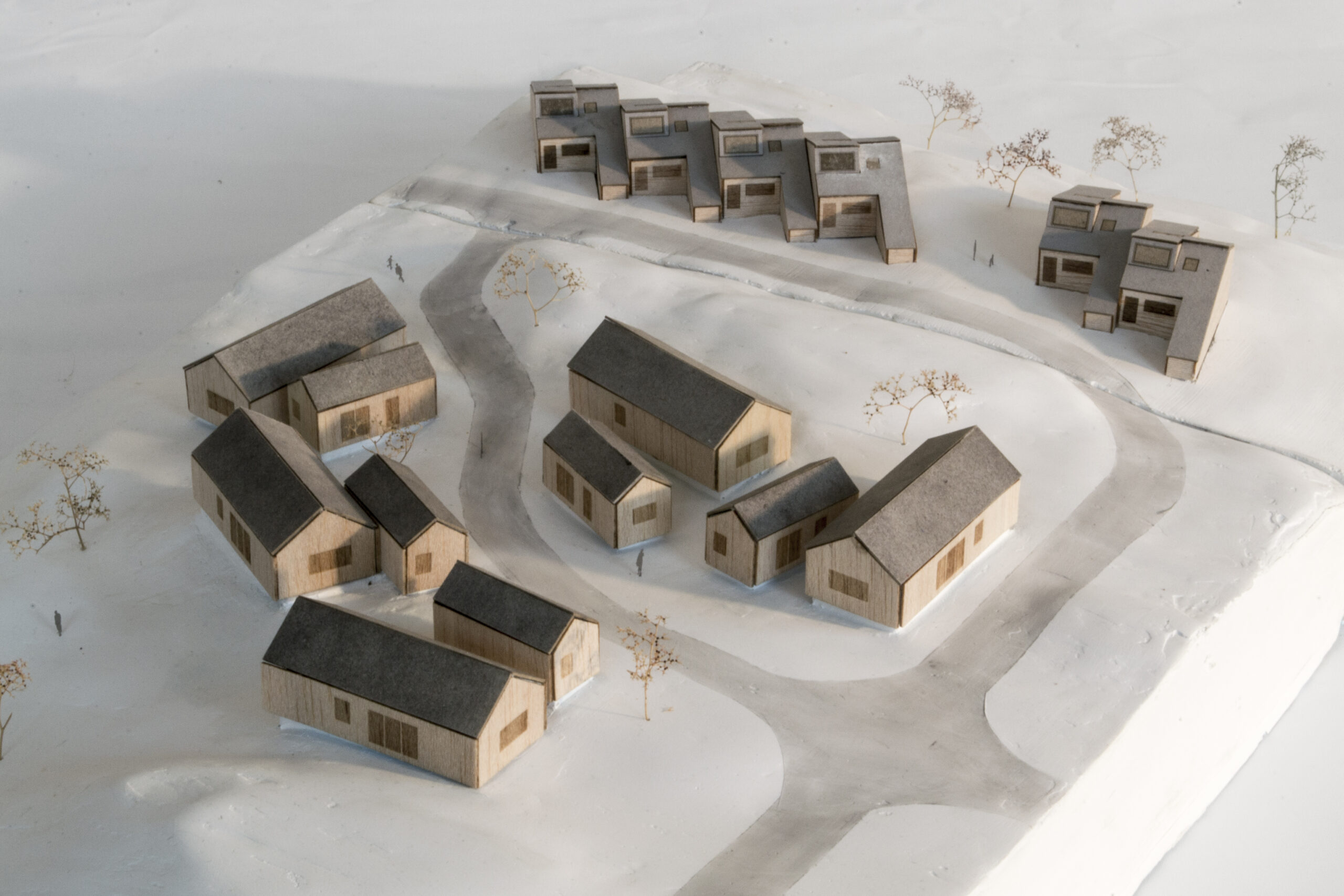
Picture: © Bergen Økologiske Landsby [used with permission]
Bergen Økologiske Landsby (BØL) is an ecovillage located in Osterøy, Norway. Still in the early stages of development, this project aims to combine ecological practices with community values to create a model for sustainable businesses and lifestyles. From eco-friendly housing to green energy solutions, the village is designed to nurture both the environment and its residents.
Planning for an eco-friendly life
Bergen Ecovillage plans to build 39 homes, including detached houses, terraced homes, dormitories, and communal spaces. These houses will be made from environmentally friendly and local materials, such as wood and wood-based materials. These low-energy homes will include modern technologies such as solar panels and natural ventilation to drastically reduce energy consumption.
The energy solution aims to achieve a high degree of local self-sufficiency through local water supply and reuse, solar electricity supply, rocket mass heating, and food forestry. Combining electricity, solar panels and firewood ensures the village can meet its needs even during colder months. Roof-mounted flat solar collectors, which perform well in fair weather, will be supplemented by vacuum tube solar collectors that are efficient in cloudy and cold conditions. This combination allows for sustainable energy production year-round.
A community-driven project
The eco-village stands out by focusing not only on sustainability but also on active community participation. The two project leaders have been successful in engaging the wider community. By holding meetings and social gatherings, they have encouraged volunteers and future residents to actively participate in shaping the village’s future.
The village is intended to become a place for people from all walks of life, particularly those from low-income backgrounds who might otherwise struggle to build their own homes, as well as women and older individuals.
Envisioning a sustainable future
More than just a residential project, Bergen Ecovillage aims to evolve into a hub for local, sustainable businesses such as eco-tourism and food production. The community promotes permaculture, a method of sustainable agriculture, and offers courses to help residents and visitors learn how to grow local food. Additionally, car-sharing is encouraged to reduce the environmental impact of transportation within the village.
As the project continues to grow, the community is actively working on securing funding from ENOVA and other public and private institutions to make the vision a reality. In fall 2024, the project plans to establish a developing company, in cooperation with Ledaal Eiendom AS, to handle the building of the houses in 2025. A campaign will be launched to reach new members and a variety of social gatherings will be offered to new and existing members of the community.
Bergen Ecovillage is working towards creating a thriving community based on the principles of sustainability, inclusivity, and cooperation. With its innovative energy solutions, commitment to community engagement, and focus on creating local businesses, the village is set to become a leading example of how sustainable living can be accessible to everyone.

